This YouTube video creator feels that efforts like hers are becoming increasingly important for people with the skin condition.
Every Sunday and Thursday, Rosy JulieBC adds another video to her YouTube channel, in part because she believes social media sharing is among the best resources rosacea patients have. This chronic skin condition is currently incurable and effective treatments are few and far between.
That said, despite the fact that there are millions of rosacea sufferers, even reliable information is scarce.
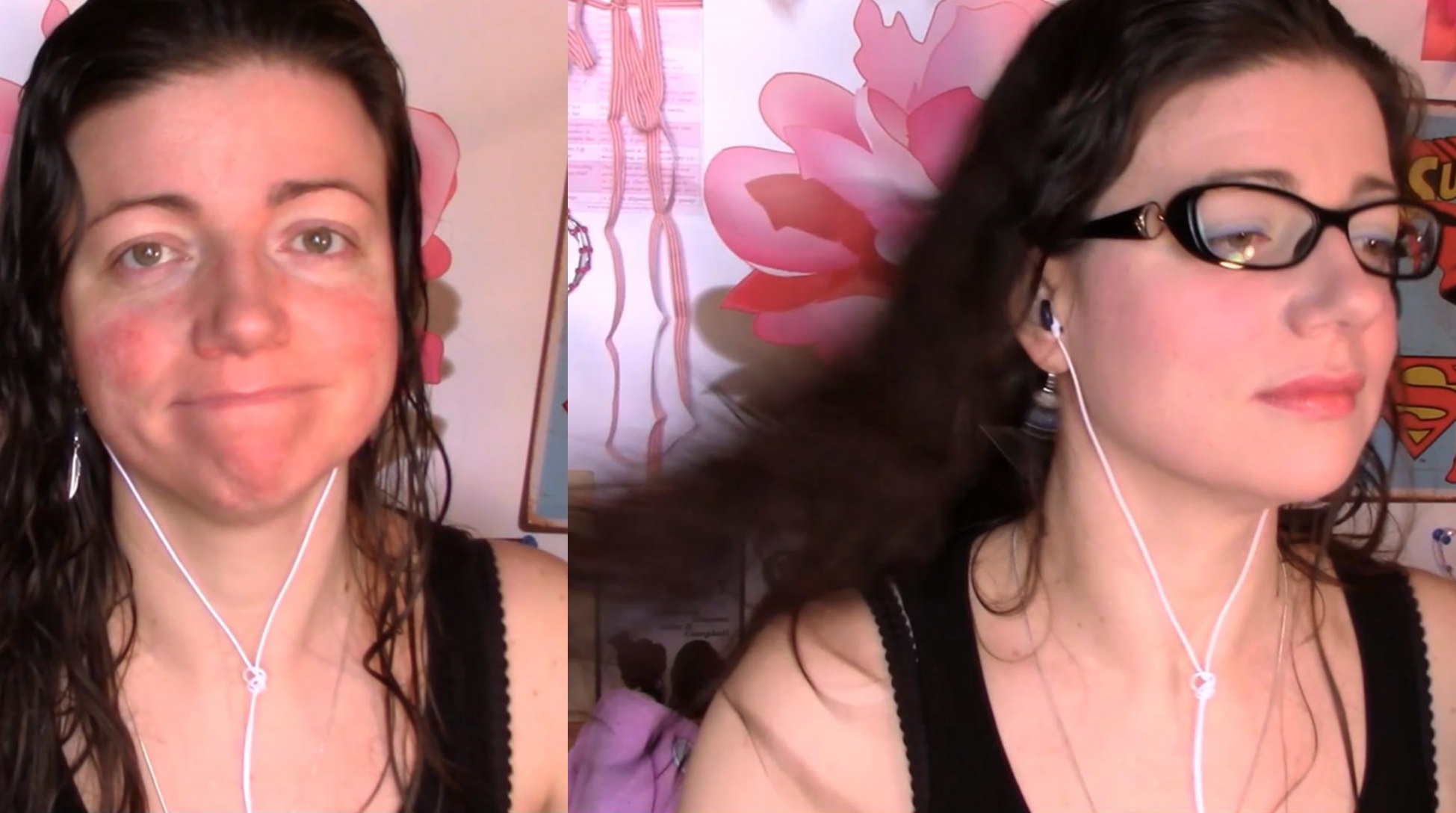 “It’s incredible,” said the blogger and YouTube creator, whose real name is Julie B. Campbell. “Aside from a basic description of what rosacea actually is, the information available online and even through many doctors is thin. As a rosacea patient, it’s very frustrating. As soon as we’re diagnosed, our lives become a never-ending trial-and-error session for skin care and lifestyle products and techniques.”
“It’s incredible,” said the blogger and YouTube creator, whose real name is Julie B. Campbell. “Aside from a basic description of what rosacea actually is, the information available online and even through many doctors is thin. As a rosacea patient, it’s very frustrating. As soon as we’re diagnosed, our lives become a never-ending trial-and-error session for skin care and lifestyle products and techniques.”
As a result, Rosy JulieBC feels that social media sharing will be the road to a rosacea cure. “Honestly, I don’t know if rosacea will ever be cured. Nobody even knows what causes it. There are a lot of theories – from autoimmune disorders to mites and even to unique adaptations to colder climates with dark winters – but even the experts don’t know anything for certain. That said, I’ve learned a lot more through other rosacea patients than through official sources. The two have been vital to creating a more complete picture of how I should treat my skin.”
When Campbell wasn’t able to find the information she needed online, she took to social media sharing.
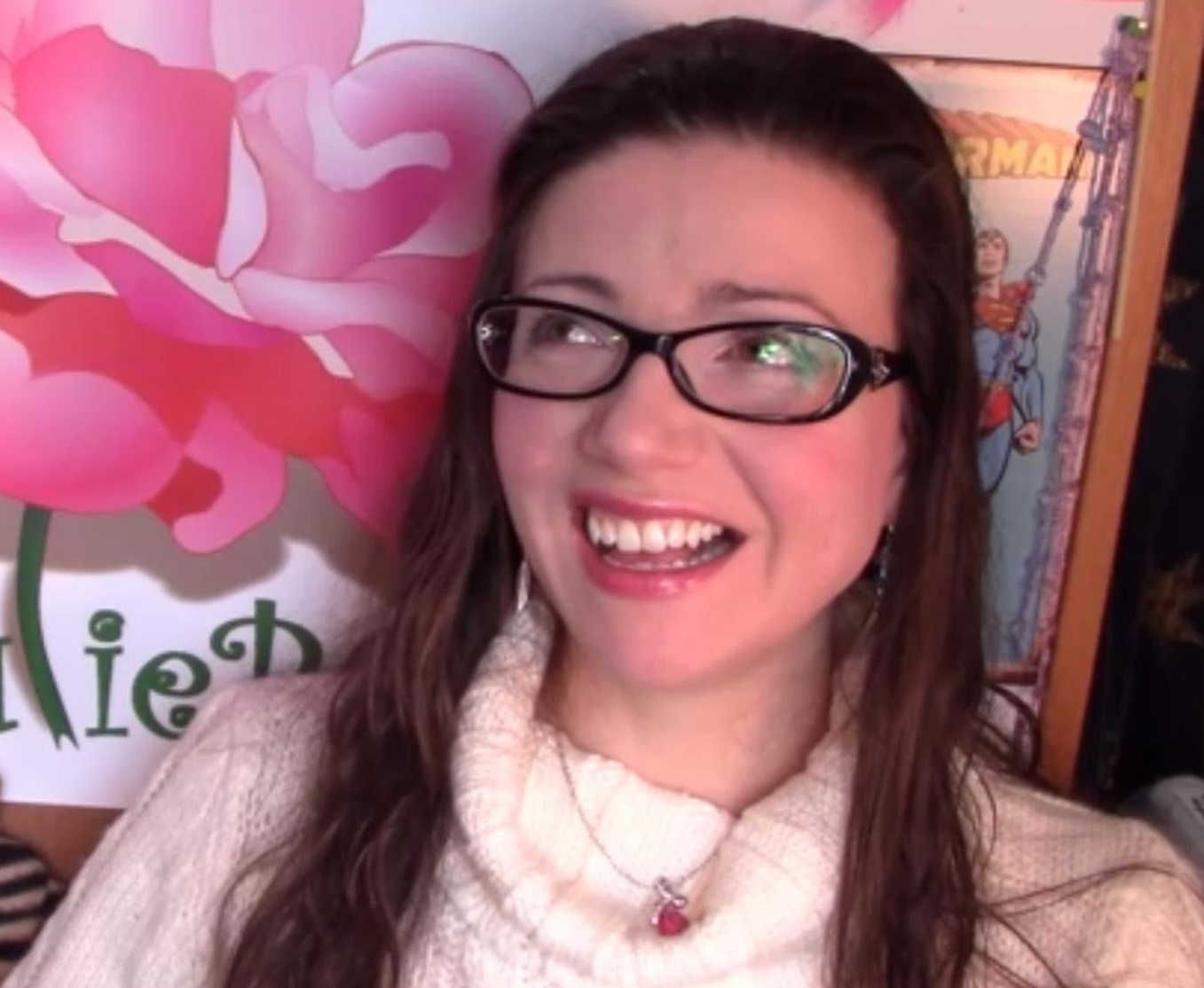 It began with a blog, now titled Rosacea Treatment Options with Rosy JulieBC. As a writer and novelist, Campbell felt comfortable expressing herself through regular written posts. She decided that it was time the web offered some information to rosacea sufferers that wasn’t either too vague or trying to sell something.
It began with a blog, now titled Rosacea Treatment Options with Rosy JulieBC. As a writer and novelist, Campbell felt comfortable expressing herself through regular written posts. She decided that it was time the web offered some information to rosacea sufferers that wasn’t either too vague or trying to sell something.
“If you try Googling information about what products you should use on rosacea prone skin, you’re inundated with ‘cures.’ It’s all so misleading. I certainly don’t have any answers and I’m not a skin care expert, but I feel I can provide something unique with my blog. I can talk about my experience, try new things and track them with images.”
According to Campbell, she never really expected it to amount to much. When she first started writing, she didn’t know how many people had rosacea. She’d never met another sufferer before – or so she thought. “Not long after I started writing [the blog] people started coming out of the woodwork. People I knew, sure, but mostly people I didn’t know, and they were from countries around the world. They were all thanking me for sharing my story because they were going through similar struggles with their rosacea and with finding information. Every time I received another message, I’d cry. It was so moving but so heartbreaking! Why are there so many of us and yet there doesn’t seem to be much in terms of unbiased and truly usable information we can apply to helping ourselves?”
It wasn’t until Campbell had a bad reaction to a sunscreen she’d previously successfully used that she started posting videos on YouTube. “I’d always said that I’d never put a video of myself on YouTube. I have social anxiety disorder and that sounded like a fast path to a panic attack. But when I had a rosacea-flare up from the sunscreen, words simply couldn’t express my frustration. I needed to talk directly to the people who had been reading my blog.”
It was through YouTube that the Rosy JulieBC name was born and that’s where she discovered the power of social media sharing. Likes and comments were posted on a regular basis and Campbell broadened her Rosy JulieBC presence to include Facebook, Twitter and, more recently, Instagram.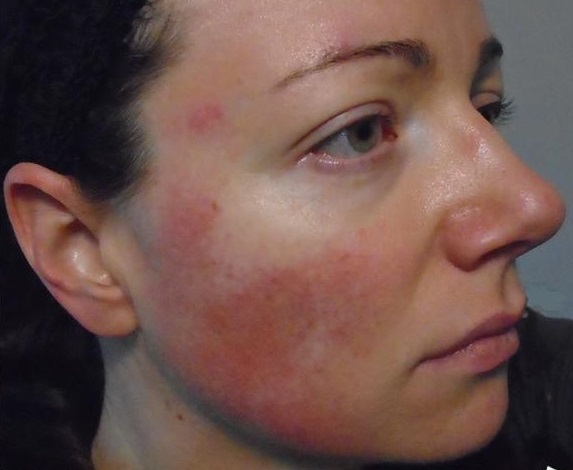
“I’ve also started using features on various social networks such as private discussion pages on Facebook. They are very useful for sharing information with other rosacea sufferers in a kind of safe space without judgment. We share pictures of both our flare-ups and our victories when we clear our skin. We talk about different DIY mask ideas, and we pitch ideas about the impact of water hardness, various supplements and even alternative techniques such as dry skin brushing. Social media posting gives us the opportunity to exchange notes, share research and articles we’ve found and talk about our own experiences.
“It’s similar to the forum participation I have at places like the TalkHealth Partnership, which I love. I feel as though all these resources come together to create a pretty solid body of knowledge. As soon as I come across a topic I want to experiment with or learn more about, it becomes my next YouTube video or blog post.”
Social media has, according to Campbell, offered a great deal of freedom to learn and talk to people without judgment while making it easier to avoid scammers who are continually trying to peddle their snake oil to rosacea suffers who are desperate for something to work.
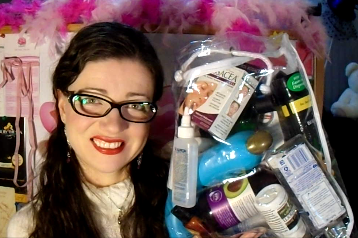 Over time she has created an active and supportive community she calls her Rosy Friends. “Rosacea is one of those conditions we just don’t talk about. Most of us work hard to cover it up, not to try to tell people we have it. Because of that, social media sharing gives us the chance to talk to people but from the safety of our own computers or mobile devices. Social media has placed me in contact with hundreds of Rosy Friends from around the globe. We exchange support, ideas and ask questions. Before blogging, YouTube and the other platforms, I may still have been under the impression that I don’t know a single person with the condition.”
Over time she has created an active and supportive community she calls her Rosy Friends. “Rosacea is one of those conditions we just don’t talk about. Most of us work hard to cover it up, not to try to tell people we have it. Because of that, social media sharing gives us the chance to talk to people but from the safety of our own computers or mobile devices. Social media has placed me in contact with hundreds of Rosy Friends from around the globe. We exchange support, ideas and ask questions. Before blogging, YouTube and the other platforms, I may still have been under the impression that I don’t know a single person with the condition.”
That, says Campbell, is why she feels social media sharing is key for rosacea patients being able to find the right skin care routine, treatment, and trigger avoidance routine for their unique needs. “If a rosacea cure ever does happen – and, who knows, it might – it’s going to start with those of us with the rosy cheeks.”

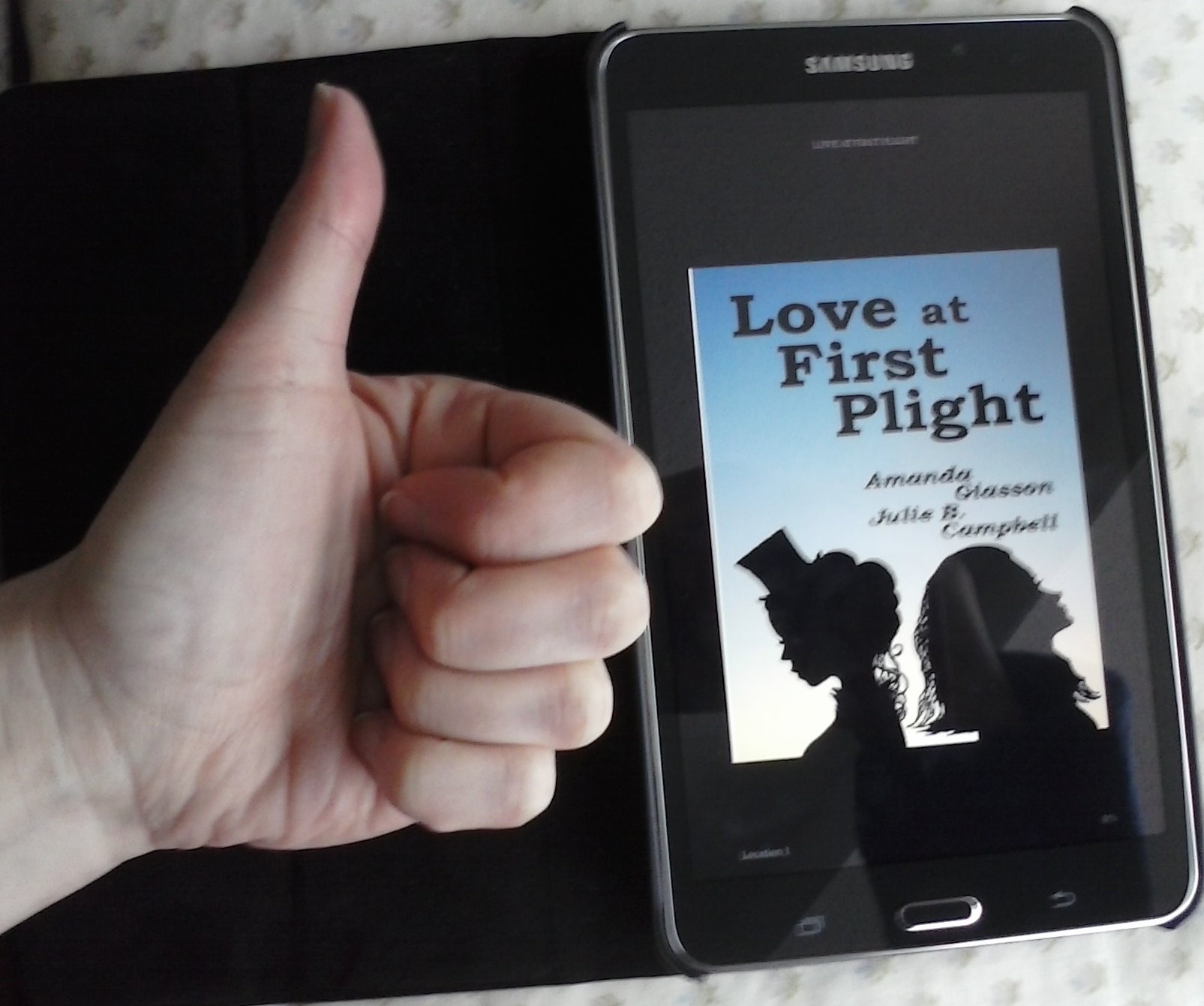 For Campbell and her co-author, Amanda Giasson, there wasn’t any question as to whether or not they would be producing a version of their novels – Love at First Plight and Second Wind – in a format that was compatible with
For Campbell and her co-author, Amanda Giasson, there wasn’t any question as to whether or not they would be producing a version of their novels – Love at First Plight and Second Wind – in a format that was compatible with 